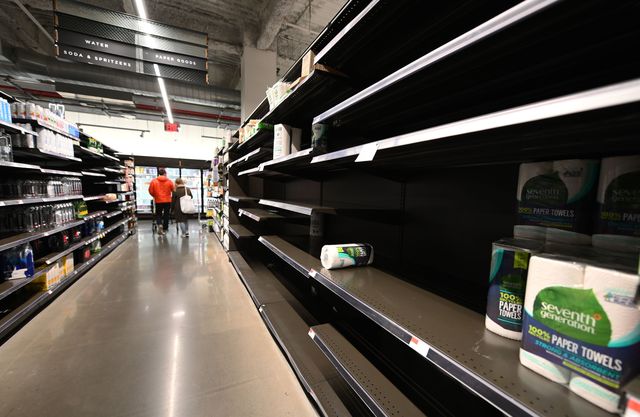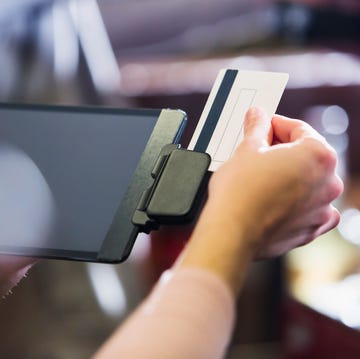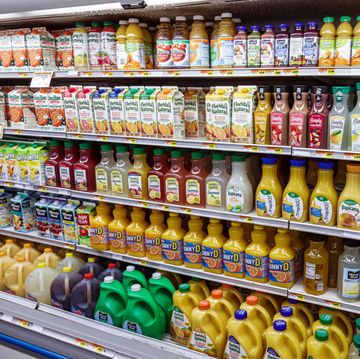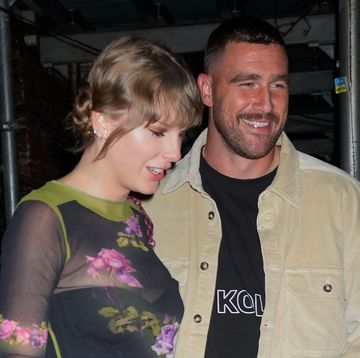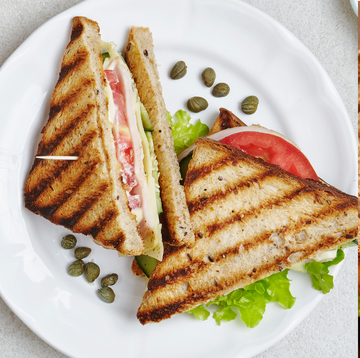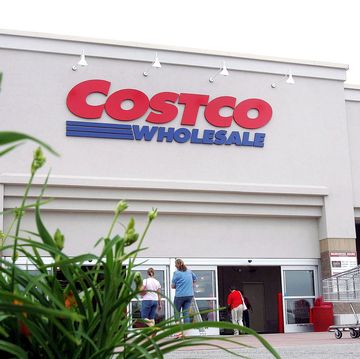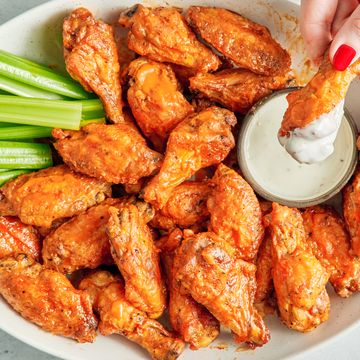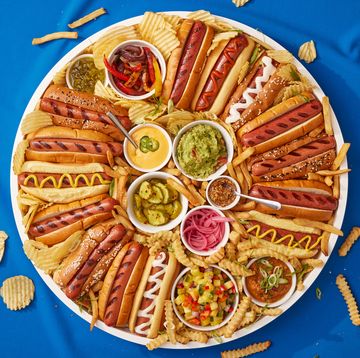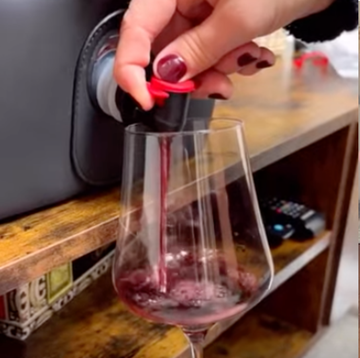The news around the COVID-19 outbreak is constantly changing, but information about food safety and how to keep yourself healthy is crucial right now. Here is a comprehensive list on the foods you should be stocking up on during this period of social distancing, as well as information about your local grocery stores’ changing hours, an explanation of “no-contact delivery,” and a guide on how to help your community and its businesses throughout closures.
Photos of empty grocery store shelves have been causing questions—and even panic—among many consumers over the past few weeks. With experts recommending that people limit their time in large crowds and stock up on the essentials (without hoarding!), it's left many wondering: Will grocery stores and other retailers eventually run out of food?
The answer, thankfully, is no. Not entirely, anyway.
Yes, you might not be able to get your preferred brand of peanut butter for a bit or your local supermarket might be temporarily out of a certain type of cheese, but experts largely agree that the food supply is in a good spot.
For example, senior vice president of Communications and External Affairs at the National Grocers Association Laura S. Strange told us that despite the "unprecedented demand," everything is still running as it should.
"Food supplies are plentiful throughout the supply chain and are being replenished continuously to meet the demand," she told Delish:
While consumers might find supply of some products low or temporarily out of stock at their stores, grocers are coordinating very closely with their suppliers and partners throughout the supply chain and are working around-the-clock to keep shelves stocked.
Professor of agriculture economics at Cornell University Miguel Gomez pointed out to Marketplace.org that if anything, eventually we could see a slowdown in supply of things we import from other countries and we'd have to shift to eating slightly different things than we're used to. “Global supply chains, because they are longer, they are more likely to be disrupted than domestic supply chains,” Gomez said.
But again, this is temporary, and it does not mean running out of food entirely or at all. In fact, as The New York Times pointed out, food from places like cruise ships and schools are being diverted to places like grocery stores, so strategies like that can help, too.
In addition, people could rely on things like meal kits and other delivery services and demand could become more manageable that way. Plus there's the idea that eventually, everyone will get what they need for a bit and the demand will slow down a little. It's all very in flux.
Still, these temporarily empty shelves are a good reminder not to hoard. The fear is not that we'll run out of food, but that taking more than you need could be causing another family to go without or have to go to multiple stores to get something they need and risk further exposure.
Be calm, be smart, wash your hands, and be patient with everyone you meet, especially grocery store employees. They're doing their best.
